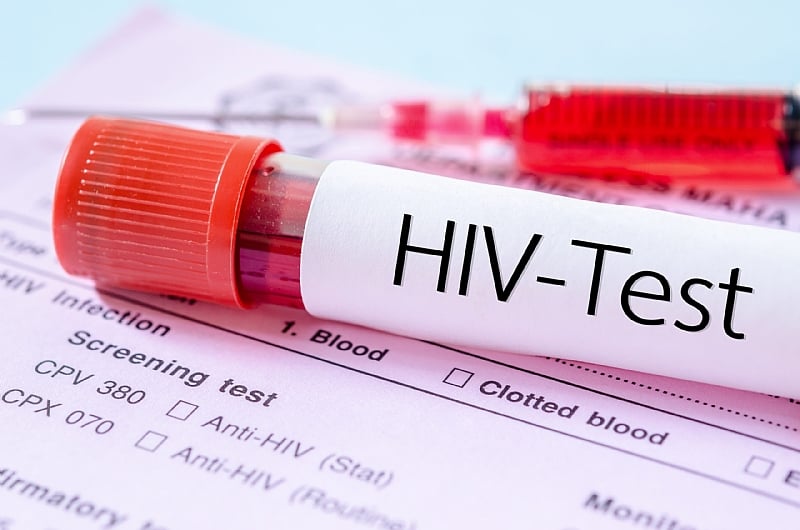A report by Ghana HIV and AIDS Network (GHANET), as part of its Community HIV self-testing project, has revealed that petty traders across the country are at a high risk of HIV infection.
They are followed by students, farmers and unemployed youth.
Ms. Gladys Akwetey, the Monitoring and Evaluation (M&E) Officer of GHANET, shared parts of the Report when she made a presentation at a workshop for the development of information, education and communication (IE&C) materials, standards operating procedures (SOPs), data collection tools and peer engagement manuals for the Other Vulnerable populations (OVP) project, being implemented by the Network.
Ms Akwetey stated that the Network distributed a total of 82,317 kits in the year 2024, with 77,665 of them distributed by volunteers from its community-based organisations (CBOs) and the remaining 4,652 kits distributed at public events including festivals, parades, health walks among others.
Data from the Report showed that, out of the 324 persons who self-reported their status as reactive, 85 of them were petty traders, followed by students (29) and farmers (21).
The Report said those who went for confirmatory tests in health facilities and were confirmed as HIV positive and put on treatment, were 39 petty traders, nine students, eight farmers and eight unemployed.
Also, the total number of OVP clients (mainly kayayei, fisherfolks, and miners) reached with HIV related human rights education were 13,193, with a focus on stigma, discrimination, protection from sexual exploitation and gender based violence.
Ms. Victoria Araba Dennis, the Vice President of GHANET, indicated that GHANET as the leading civil society organization (CSO) in the fight against HIV and AIDS, had been supporting the national response since 1996, with its members in all 16 regions of the country.
She added that as part of the Global Fund Grant Cycle 7 (GC7) implementation, GHANET, as an Implementing Partner (IP) of Ghana Health Service (GHS) / National AIDS/STI Control Programme (NACP), coordinated activities of CBOs engaged in the community rollout of HIV Self-Testing (HIVST) for general population and human rights intervention for OVP.
Mrs. Dennis, therefore, thanked the volunteers for the good job over the past two years and encouraged them to support the implementation of the OVP project.
GNA


